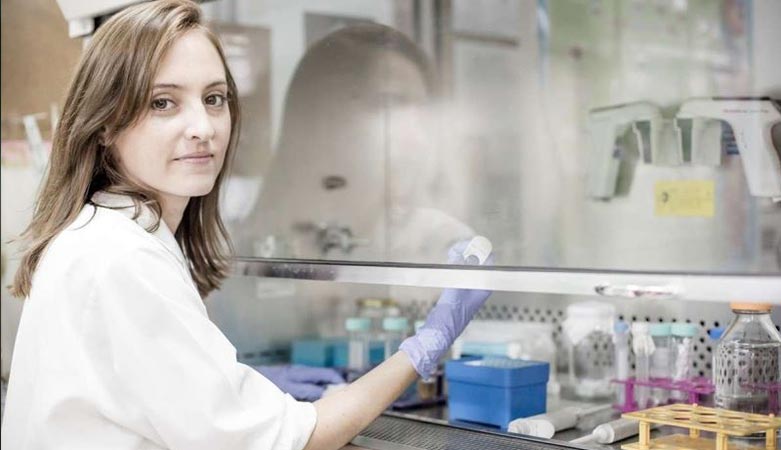B.Sc Micro Biology

Description:
B.Sc. in Microbiology is a 3- year long, full- time course divided into 6 semesters, with each semester lasting for a period of 6 months. Microbiology has emerged as a key biological science, since microorganisms provide the model used in molecular biology for research purposes.
Such research at the molecular level has provided, and continues to provide answers to numerous fundamental questions in Genetics, Metabolism, Cell forms & functions. There is a growing recognition of the potential of microorganisms in a range of applied areas. The ability of microorganisms to degrade oil in oil spills, herbicides, pesticides, and to supplement food, produce energy, besides other uses of microorganisms is becoming increasingly relevant and useful. Microbiologists study these organisms using tools, like microscopes, genetics, and culturing.
Microscopes allow scientists to magnify microbial cells that are otherwise too small to see. Genetics and Molecular Biology help scientists understand the evolutionary relationships between microbes and their habitats. Culturing is the term used to describe growing microbes, usually combined with tests to see what the microbes like to eat or what conditions they can live in. A petri dish is a common place where microbes are cultivated.
requirements
- Completion of Intermediate (12 years of school education) in Science stream.
- Admission to the course is mostly entrance exam based.
- Physics, Chemistry, Biology and/or Mathematics as the subjects of study.
- Minimum aggregate score of 60% at the level
Why Bsc Micro Biology
- Microbiologists are in demand in medical research, quality control, and the biotechnology industry. Many such graduates secure jobs as researchers working in universities, pharmaceutical and bioscience companies and institutes.
- Successful graduates of the course also progress into laboratory-based careers in clinical or technical roles which do not involve research. The transferable skills one develops also equip one well for a wide range of careers outside the lab.
- There are several job opportunities for those who want to pursue a career in microbiology. Microbiologists can find job opportunities in sectors such as government and private hospitals, food industries, research and development organizations, chemical industries and pharmaceutical industries.
- They can also choose a career as science writer, writing articles for professional microbiologists. The salary for microbiologists depends on factors such as qualification, experience and job profile.
COURSE Features
- StreamScience
- Duration3 years
- ExaminationSemester
- Languageenglish
- Eligibility10+2
- COURSE TYPEGRADUATION





Register for the more details